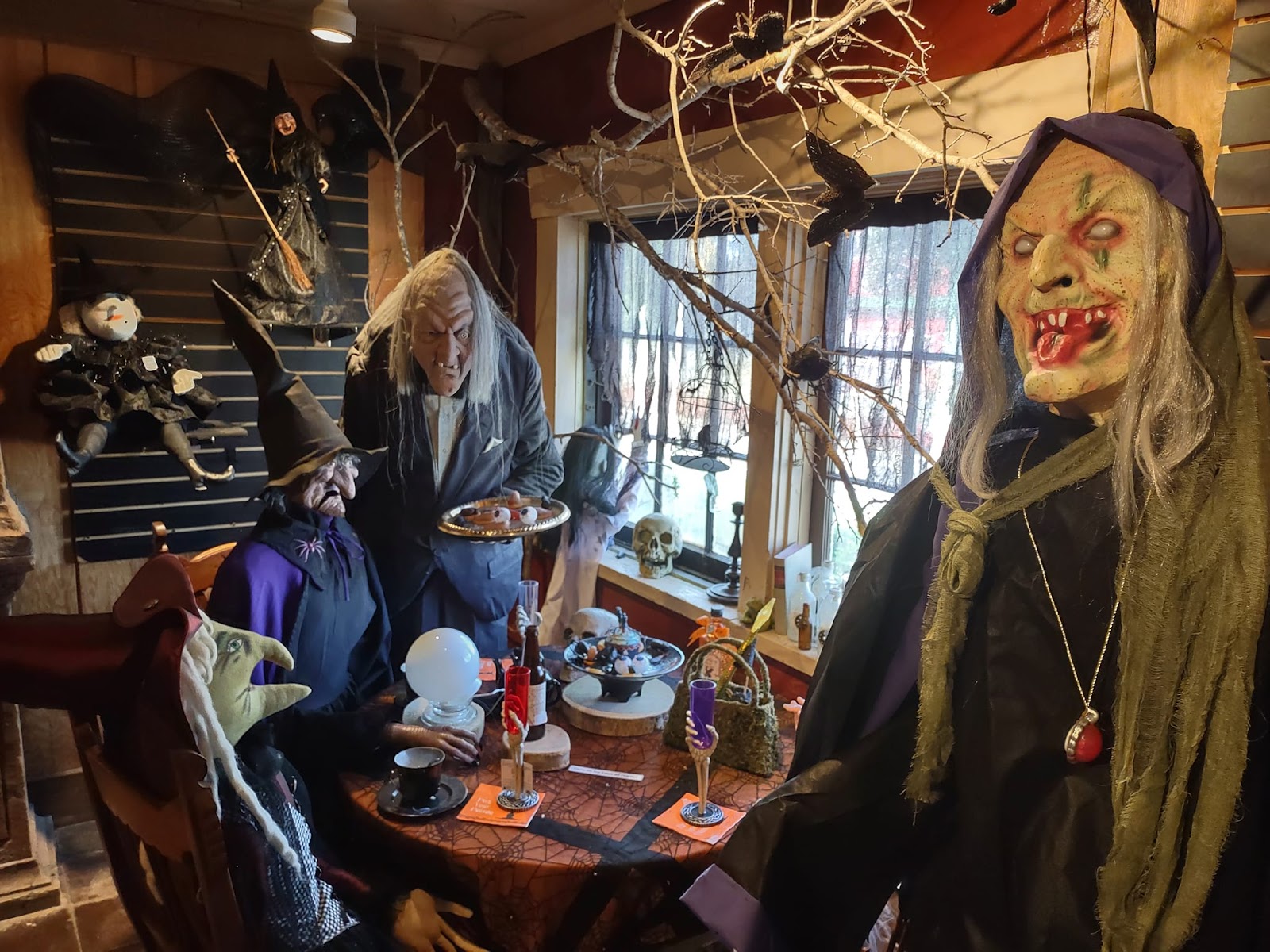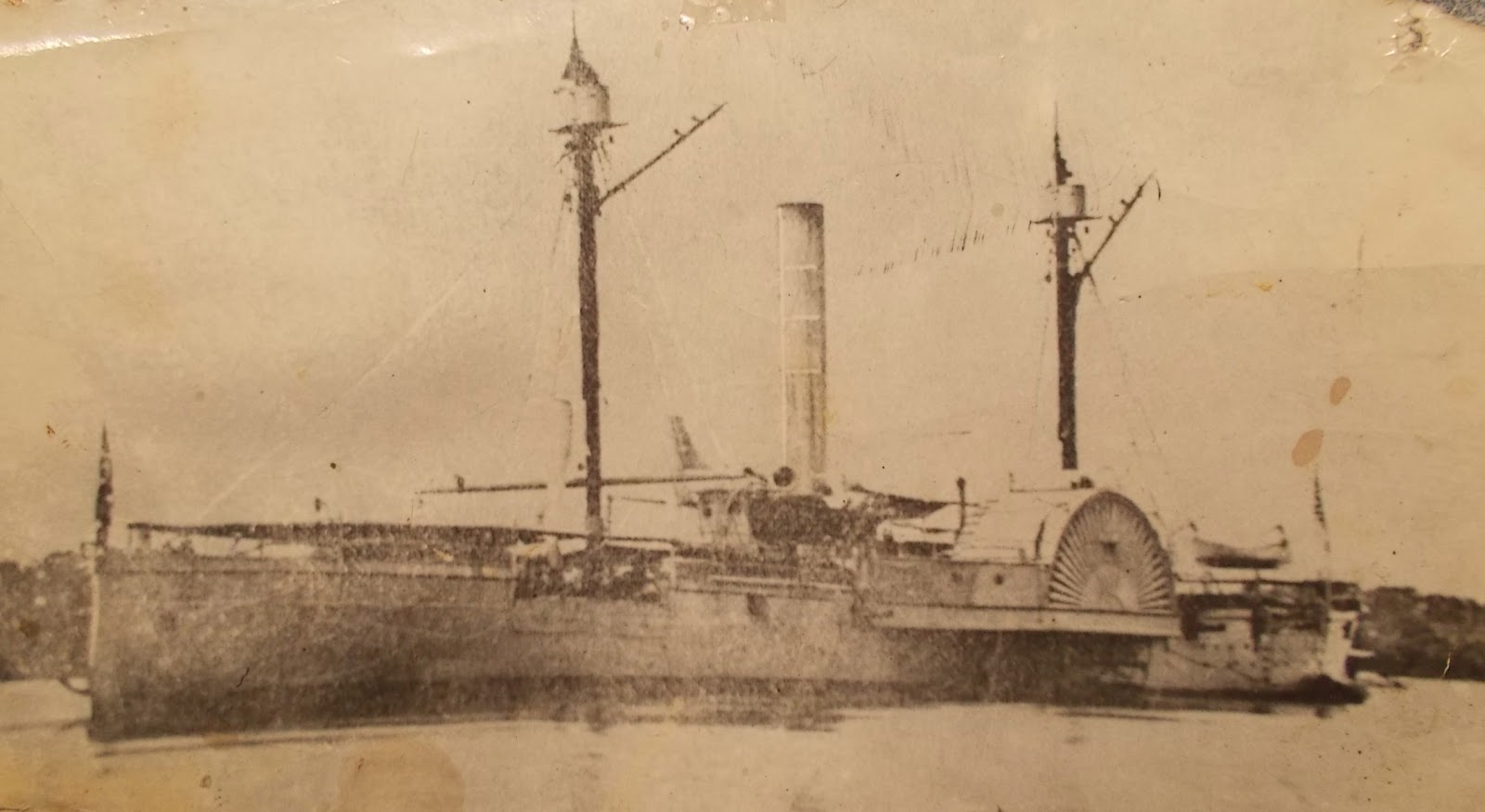by Thomas Kies
My last Creative Writing class of the year was last week. I’m having lunch with my liaison at the college to discuss my next class that should start in January. I always learn something new when I teach that class.
Such as, one of my students took this class a second time and he’s an engineer by profession. He writes like one.
His prose is heavy…heavy…on information but light on description and dialogue. He will go on and on in his descriptions of his CIA agents’ accomplishments and accolades but by the end of it, all he’s done is written a series of resumes.
It’s just not interesting.
The way my class works, I will give a lesson (on writing emotional scenes or dialogue or relatable characters) and then offer a writing prompt. The students will have a week to write about three pages, double spaced, and read it to the class on the following week.
Now, reading your work in front of people is scary. I’ve been doing it for a while now and I still get the heebie-jeebies when I stand in front of people and read from my own books. So, in my class, we listen to the reading, then we applaud. Then we talk about what we liked about it and follow that up by making suggestions on how the work might be stronger.
The whole thing is meant to be a positive experience. Success for me is to hear that, after the classes are over, my students have continued to write.
But when this particular student read his work, it was flat as an open bottle of beer left out all night. The characters were difficult to keep straight and had no depth. Dialogue was stiff or non-existent.
One week, as an exercise, I asked the class to write a piece that was “dialogue heavy” and by showing what the characters are doing while they’re speaking. One editor I worked with once told me that dialogue alone is not action.
My engineer wrote a piece that barely had any dialogue at all. When he was asked about it, he said he’d used his week to look up information on the internet and one website said that his dialogue should be mathematically proportionate to the number of characters in a scene.
What?
I was getting frustrated with his lack of progress, and I sensed he was getting frustrated as well. So, I tried something new. He had been writing in the third person point of view the whole time. I told him that as his assignment that week, he should write in the first person POV of his lead character.
The next week it was like someone had plugged him into a light socket. The piece he read to us was excellent. I could tell he was energized and so was the rest of the class.
Another one of my students had tried moving from third person to first person and discovered she was able to better understand her protagonist and she was excited as well.
So, back to the engineer---by changing his point of view to first person, his writing went from dispassionate to interesting enough that we all wanted to hear more. Huzzah!!
A little bit about some of my students from earlier this year. We have a writer’s organization in our county that had become moribund during the pandemic. One of my students is now the chair of that group and another is the secretary and I’m proud to say Carteret Writers have become active, exciting, and meeting on a regular basis and holding cool special events.
Plus, a whole group of my students now meet on a regular basis to read their work and offer critiques. I’m flattered that they call themselves the Kiesters.
If at the end of my class, they're all still pumped up about writing, then I consider the class a success.

















